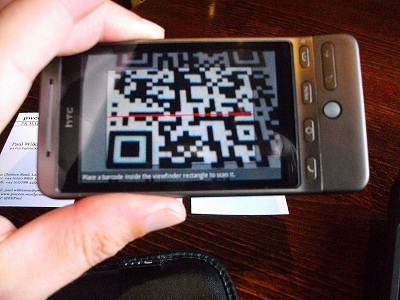 Visa making moves to expand mobile commerce
Visa making moves to expand mobile commerce
Visa has taken a strong interest in mobile commerce recently. The company has been working to broaden its horizons as the world of commerce evolves due to the proliferation of mobile technology. More consumers are relying on their smart phones and tablets to make purchases online as well as manage their various bank accounts. Some businesses, especially those in the retail sector, have found it difficult to keep up with consumers in the realm of mobile commerce, leading Visa to take steps to expand the availability of tools these businesses have to accommodate the needs of consumers.
Visa and ROAM team to make acceptance of mobile commerce easier for businesses
Visa has announced that it has entered into an agreement with ROAM, a leading mobile commerce provider. Through this new partnership, the two companies aims to expanding the reach of mobile commerce into new merchant categories. Visa plans to make adopting mobile commerce easier for businesses through making secure mobile payment acceptance solutions more available to them. ROAM is a leader in mobile payment acceptance technology and the company’s solutions are expected to be put to good use by Visa.
Commerce beginning to shift
Visa has an overarching goal of displacing cash payments. Traditional forms of currency have been the dominating force in commerce for as long as commerce has existed, but the advent of technology is beginning to cause a shift in the way people pay for products. Computers opened up the way for electronic purchases, something that Visa claims is significantly more secure and efficient for consumers. The popularity of mobile devices is accelerating this shift away from traditional forms of commerce, and Visa is positioning itself to ensure that mobile commerce becomes a very dominant economic force.
New partnership may help businesses accommodate consumer demand
Businesses have shown extreme interest in adopting mobile commerce services, largely spurred by demand coming from consumers all over the world. It has been difficult for these businesses to accommodate this demand, however, due to the relatively few mobile commerce point-of-sale platforms available to them. The new partnership between Visa and ROAM may help solve this problem.

 New application makes use of QR codes to make mobile payments easier for consumers
New application makes use of QR codes to make mobile payments easier for consumers